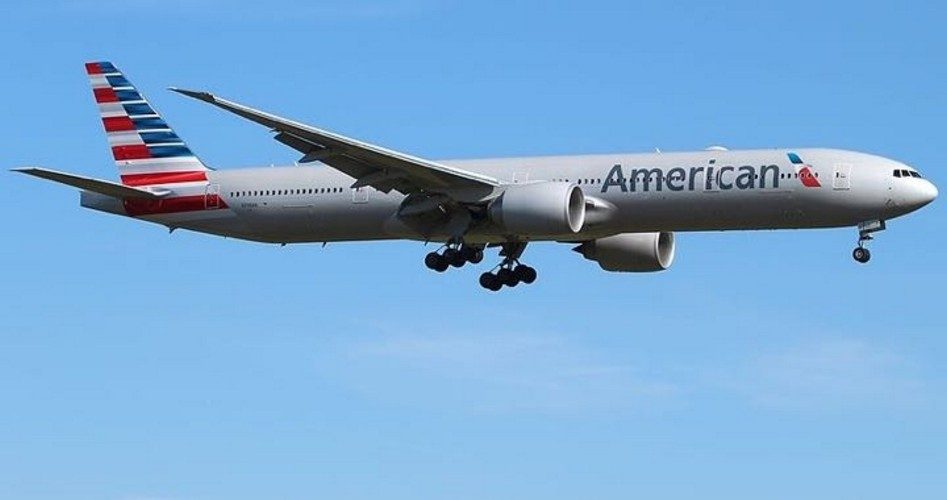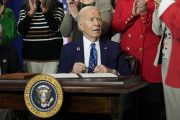
Government bureaucrats in Beijing are upset that airlines in the United States and elsewhere are referring to Taiwan — officially known as the Republic of China — as an independent nation, rather than part of Communist China. They are also unhappy with how the airlines refer to Hong Kong, once a part of the British Empire before being handed over to Communist China in 1997, and Macau, formerly a colony of Portugal before being surrendered to China.
As reported by Foreign Policy magazine, “The Civil Aviation Administration of China has sent a letter to United Airlines and American Airlines demanding that their global operations follow China’s restrictions against ‘separatism,’ meaning that any references to Taiwan, Hong Kong, and Macau as countries independent from China must be removed.”
Demanding that the airlines must follow “Chinese law,” Beijing insists the carriers stop referring to Taiwan as an independent nation. “The websites of both United and American list airports in Taiwan only as ‘Taiwan,’ without reference to China,” reported Foreign Policy. “Chinese officials have increasingly pressured foreign companies and international organizations to explicitly refer to Taiwan as part of mainland China.”
Similarly, Australia’s Quantas Airlines received a warning from Beijing demanding that the carrier “remove any public information that suggests Taiwan, Hong Kong, and Macau are part of different countries to mainland China,” reported the Sydney Morning Herald.
In all, nearly 40 international airlines have been targeted for running afoul of Beijing’s dictates on areas it claims as part of Mainland China’s holdings.
Foreign Policy recalled that in January, “Beijing pulled the plug on Marriott’s website in China for an entire week after the hotel company included Taiwan and Tibet in a pull-down list of countries in an online survey sent to Chinese consumers.”
The U.S. State Department responded to China’s demands and strong-arm tactics, saying in a prepared statement: “We object to Beijing dictating how U.S. firms, including airlines, organize their websites for ease of consumer use. Chinese companies’ websites operate freely and without political interference in the United States. While we seek a mutually beneficial commercial aviation relationship with China, we will consider taking appropriate action if necessary in response to unfair Chinese actions.”
In its own statement, the Trump administration called Beijing’s efforts “Orwellian nonsense” that is “part of a growing trend by the Chinese Communist Party to impose its political views on American citizens and private companies…. We call on China to stop threatening and coercing American carriers and citizens.”
In Communist Party fashion, a Beijing spokesman responded to the White House statement saying: “No matter what the United States says, it cannot change the objective fact that there is only one China in the world and that Hong Kong, Macau, and Taiwan are indivisible parts of Chinese territory.”
In a statement White House Press Secretary Sarah Sanders noted that President Trump “ran against political correctness in the United States. He will stand up for Americans resisting efforts by the Chinese Communist Party to impose Chinese political correctness on American companies and citizens.”
Reuters noted that the war of words between the White House and Beijing comes on the heels of “contentious trade talks between senior U.S. and Chinese officials last week. The Trump administration demanded a $200 billion cut in China’s trade surplus with the United States by 2020, sharply lower tariffs, and a halt to subsidies for advanced technology, people familiar with the talks said.”
On May 5 Trump emphasized that the United States must repair its trade inequality with China “because that’s been a one-way street for decades. We can’t go on that way.”
Photo: Peter Bakema via wikimedia



